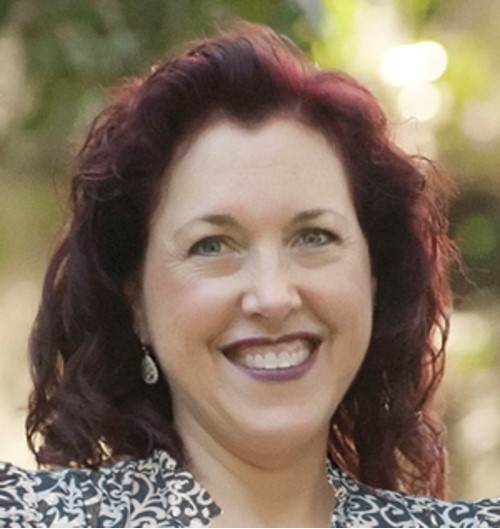
As social distancing and lockdown policies enter their second month, some states and cities are considering reopening and attempting to return to life as normal.
Recommendations from the medical community call for a continuation of distancing policies and come with warnings that reopening too soon could wipe out whatever progress has been made in limiting the spread of COVID-19.
With some politicians and the broader medical community at odds, experts at Florida State University are ready to help provide clarity and perspective on the consequences and the stakes of lifting COVID-19 restrictions.
April Knill, SunTrust Associate Professor of Finance, College of Business
(850) 644-2047; aknill@business.fsu.edu
Knill’s areas of expertise include international finance, politics and finance, law and entrepreneurship.
“Opening the economy now poses two risks: 1) an increased contagion rate, which would likely increase the death toll, and 2) an increase in the likelihood that we have to shut the economy back down, which would likely increase the economic toll. Still, doctors are warning that the virus will be ‘out there’ when we return to normality, whenever that may be, suggesting that the medical risk isn’t resolved with the status quo. It is important to note, however, that there is much we still don’t know about the Coronavirus and in the end, none of us are 100 percent free of risk from it.”
Nathaniel Line, associate professor, Dedman School of Hospitality
(850) 645-2710; nline@dedman.fsu.edu
Line’s research experience includes demand shocks in the lodging industry and marketing environment, hospitality and tourism management and hospitality marketing.
“Different regions, states, and industries will need to adopt different strategies to ensure that businesses can operate both profitably and safely. This is especially true of the hospitality industry that encompasses a wide variety of operating sectors. Hotels, restaurants, theme parks, bars, private clubs, etc. will each have a unique set of challenges when the economy reopens. However, for all industries, the health of employees and consumers should be the primary consideration in discussions of when and how businesses should reopen.”
David King, Higdon Associate Professor of Management, College of Business
(850) 644-1467; dking@business.fsu.edu
King’s areas of expertise include mergers and acquisitions, corporate entrepreneurship, government policy, integration and performance technology transfer.
“The choice between opening the economy and maintaining stay-at-home orders requires a balance and consideration of context. For example, accommodations need to be made for people at risk, so they can continue to stay at home. Similarly, restrictions need to be maintained for nursing homes. The level of infection in a local area also needs to be considered, as social distancing may remain effective in areas with less risk of transmission. Still, opening the economy comes with the cost of increased infections and the potential need to re-institute stay-at-home orders, but these will likely be more localized. A likely exception relates to the risk of a second wave of infection, and minimizing that risk likely means limiting large gatherings that also involve travel, such as sporting events and conferences.
Larry Giunipero, professor, College of Business
(850) 644-8224; lgiunipero@business.fsu.edu
Giunipero’s academic specialty is supply chain management and purchasing. His work also focuses on strategic sourcing, supply chain risk, global sourcing and technology applications.
“As several states begin to selectively re-open for business, supply chains will be affected. Each state is taking a different approach in terms of what businesses to open and when they reopen. This will create differences in what businesses in these states expect from their supply chains. In particular, three key questions that will impact supply chains going forward in this post-pandemic world:
1) Will the formal U.S. policy towards China be competitive or cooperative?
2) Will the meat supply chain return to normal after closures of several processing plants?
3) Will the reverse supply chain become clogged with returns and repossessions?”
Wayne Hochwarter, Jim Moran Professor of Management, College of Business
(850) 644-7849; whocwar@business.fsu.edu
Hochwarter has published more than 100 scientific and applied articles covering a wide range of topics including employee entitlement, worker engagement, job stress, layoffs, workplace politics, abusive work behaviors, personal accountability, optimism and leadership-focused motivation strategies.




